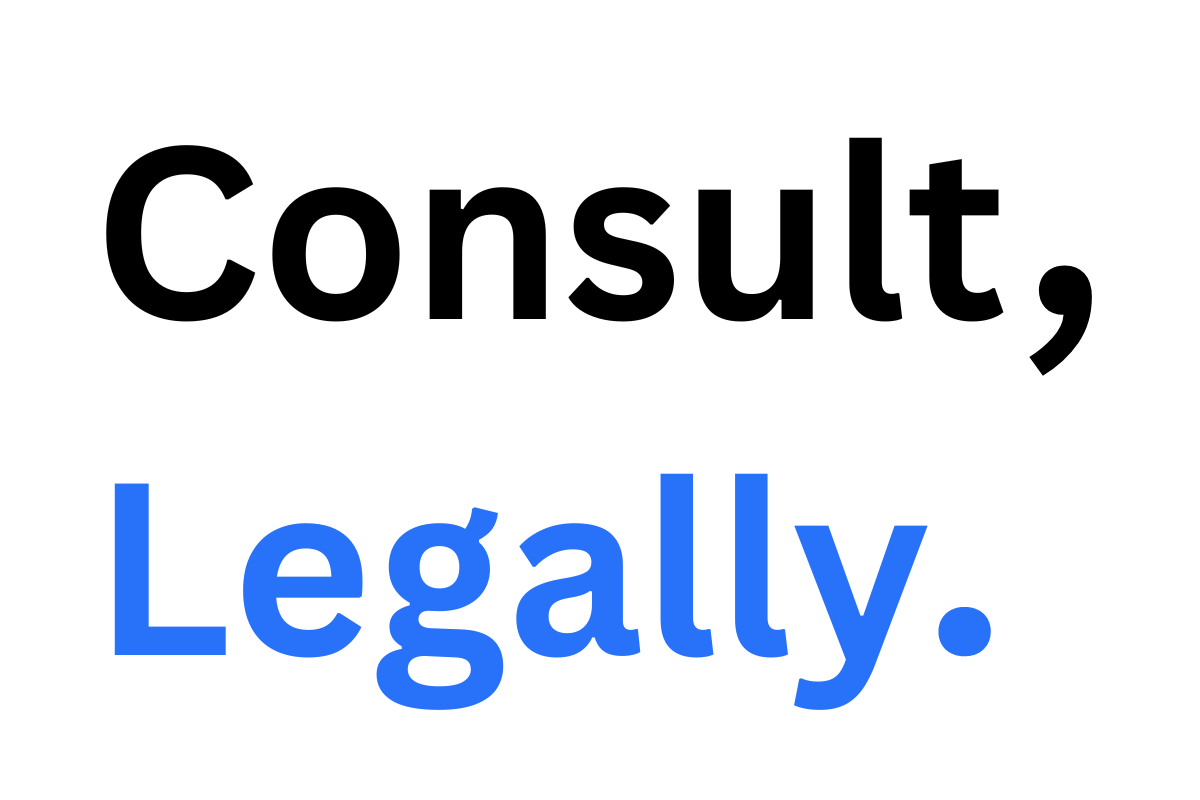Social media is a part of everyday life. Whether you’re sharing an interesting post or retweeting something that grabs your attention, it’s easy to forget that what you share can have legal consequences. You may wonder: Can you get sued for reposting something online? The short answer is yes, in some cases, you can. When it comes to defamation, especially libel, reposting false or harmful information can land you in legal trouble.
Let’s break down how this works, and why you need to be cautious before hitting that share button.
What Is Libel and Why Should You Care?
Libel is a form of defamation that involves written statements. When someone makes a false statement that damages another person’s reputation, that’s defamation. Libel specifically refers to defamatory statements that are published, such as in a tweet, Facebook post, or blog.
You might think that only the original author of the post is responsible for what’s said, but that’s not always the case. When you share or repost a defamatory statement, you can also be held responsible for spreading it. This is where many people get into trouble—they think retweeting something is harmless, but it could have serious legal implications.
Reposting Defamatory Content Can Be Risky
Here’s a scenario: You’re scrolling through your feed, and you see a post that criticizes someone, maybe a public figure or even a coworker. You think it’s interesting and decide to share it with your followers. But what if that post contains false information? Even though you didn’t create the original post, by sharing it, you’ve helped to spread that harmful statement. In the eyes of the law, that’s called republication, and you could be sued for it.
Republication means that if you share or retweet defamatory content, you are just as responsible as the person who originally posted it. It doesn’t matter that you didn’t write the words yourself—by spreading the message, you can be legally liable for the damage it causes.
How Likely Are You to Be Sued?
Now, you might be thinking, “Isn’t it rare for someone to actually sue over a social media post?” While it’s true that not every defamation case goes to court, it’s not impossible. In fact, defamation lawsuits have been increasing in recent years, especially with the rise of social media platforms like Twitter and Facebook.
If the person who is defamed by the post is a private individual—someone who is not a public figure—the standard for proving defamation is much lower. They only need to show that you were negligent in sharing the false information. That means if you didn’t take steps to check if the post was true before sharing it, you could be found guilty of negligence.
On the other hand, if the person is a public figure, such as a celebrity or politician, they have to prove actual malice—that you knew the statement was false or didn’t care whether it was true or not. Public figures have a harder time winning defamation cases because of this higher standard, but private individuals don’t have to jump through as many hoops.
Protecting Yourself from Libel Claims
So, how can you avoid getting sued for reposting something on social media? It’s simpler than you think. Here are a few tips to keep in mind:
Verify the Information Before Sharing
Don’t just assume that a post is true because it’s popular or because it came from someone you trust. Take a few minutes to check whether the statement is accurate before you share it.
Avoid Reposting Harmful Content
If a post contains negative or hurtful statements about someone, it’s best to stay away from sharing it, even if it seems harmless. Defamation doesn’t just hurt reputations—it can lead to expensive lawsuits.
Be Careful with Your Words
Adding your own commentary to a post doesn’t protect you from a libel claim. In fact, it can make things worse if your words contribute to the defamatory statement. Be mindful of what you say online.
Understand the Law
Defamation laws vary from state to state in the U.S., but the basic principles are the same. If you’re unsure whether something could be considered libel, it’s always better to err on the side of caution.
What About Free Speech?
You might be wondering how freedom of speech fits into all of this. After all, doesn’t the First Amendment protect your right to express yourself online? Yes, freedom of speech is an important right, but it doesn’t give you the right to defame others.
The First Amendment protects your right to express opinions, but it does not shield you from the consequences of spreading false information that harms someone’s reputation. There’s a fine line between expressing your thoughts and making defamatory statements, and crossing that line can result in legal action.
Does Section 230 Protect You?
Some people believe that Section 230 of the Communications Decency Act protects them from being sued for things they share on social media. While Section 230 does provide important protections for platforms like Twitter, Facebook, and Instagram, it doesn’t apply to individual users.
Section 230 ensures that social media companies are not held responsible for the content that users post on their platforms. However, this legal protection does not extend to you as a user. If you repost defamatory content, Section 230 won’t save you from a lawsuit.
The Consequences of a Defamation Lawsuit
If you’re sued for libel, the consequences can be severe. Defamation lawsuits can result in large fines, and in some cases, you might be required to pay damages to the person whose reputation you harmed. Even if the case doesn’t go to court, the legal fees and stress of defending yourself can be overwhelming.
The best way to protect yourself is to think twice before sharing anything that could harm someone’s reputation. Social media is a powerful tool, and with great power comes great responsibility. By being mindful of what you share, you can avoid the legal pitfalls of reposting defamatory content.
Final Thoughts: Be Cautious Before You Repost
Reposting on social media might seem like a simple action, but it can have serious legal consequences if the content is defamatory. By taking a moment to verify the information and being mindful of the potential harm your posts could cause, you can protect yourself from getting sued for libel.
Remember, it’s not just about what you say online—it’s also about what you choose to share. The next time you’re about to hit that retweet or share button, ask yourself: Is this worth the risk? Being cautious now can save you from major headaches later.

